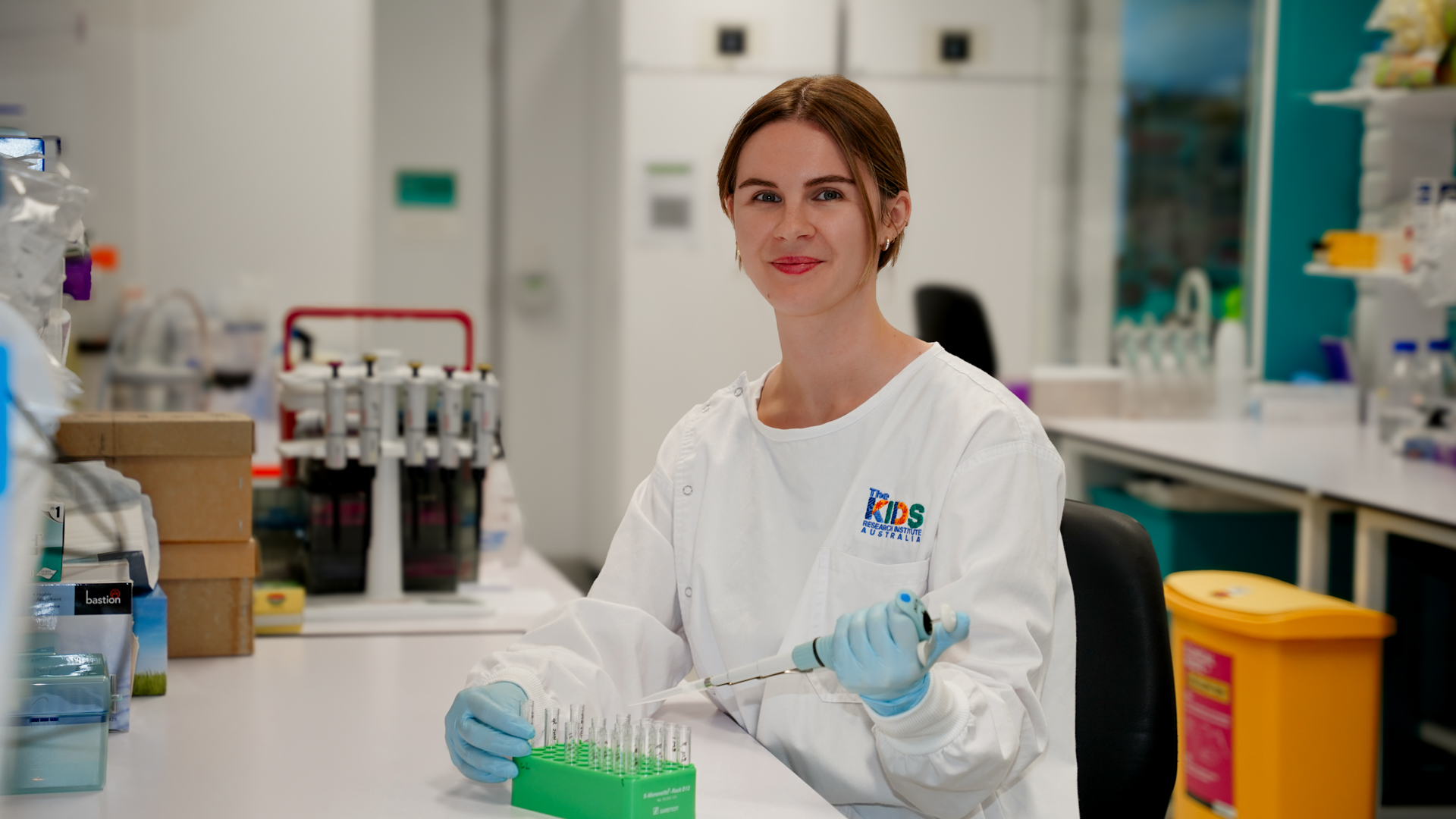Search
Research
Fine-Tuning the Tumour Microenvironment: Current Perspectives on the Mechanisms of Tumour ImmunosuppressionImmunotherapy has revolutionised the treatment of cancers by harnessing the power of the immune system to eradicate malignant tissue. However, it is well recognised that some cancers are highly resistant to these therapies, which is in part attributed to the immunosuppressive landscape of the tumour microenvironment (TME). The contexture of the TME is highly heterogeneous and contains a complex architecture of immune, stromal, vascular and tumour cells in addition to acellular components such as the extracellular matrix. While understanding the dynamics of the TME has been instrumental in predicting durable responses to immunotherapy and developing new treatment strategies, recent evidence challenges the fundamental paradigms of how tumours can effectively subvert immunosurveillance. Here, we discuss the various immunosuppressive features of the TME and how fine-tuning these mechanisms, rather than ablating them completely, may result in a more comprehensive and balanced anti-tumour response.

The Kids Research Institute Australia’s annual Prospective Student Evening is an opportunity for students considering Honours, Masters, MDs, or PhDs to learn about what it would mean to work on a project based at the Institute.
Publications from 2017 dating back to 2004 of CDKL5 researchers.
We aim to share our research findings with families so that they may better understand Rett syndrome and the future for their family.
We interviewed 17 parents with a daughter with Rett syndrome to gain their perspectives on how their daughter communicates and barriers.
For this study, we examined how Rett syndrome characteristics can be affected by X-inactivation for 2 of the common types of mutation - p.R168X and p.T158M.
We set out to describe the feeding difficulties and nutrition of girls with Rett syndrome and to examine what factors may be influencing their nutrition.
Therefore, we used video data to examine changes in hand function over time. We also investigated what other factors might influence these changes.

Discover a comprehensive guide on equipment designed to empower physical activity in children with Rett Syndrome, promoting their well-being and development.

News & Events
IASSIDD 15th World CongressOur AussieRett team recently visited Melbourne, Australia for the IASSIDD 15th World Congress.
